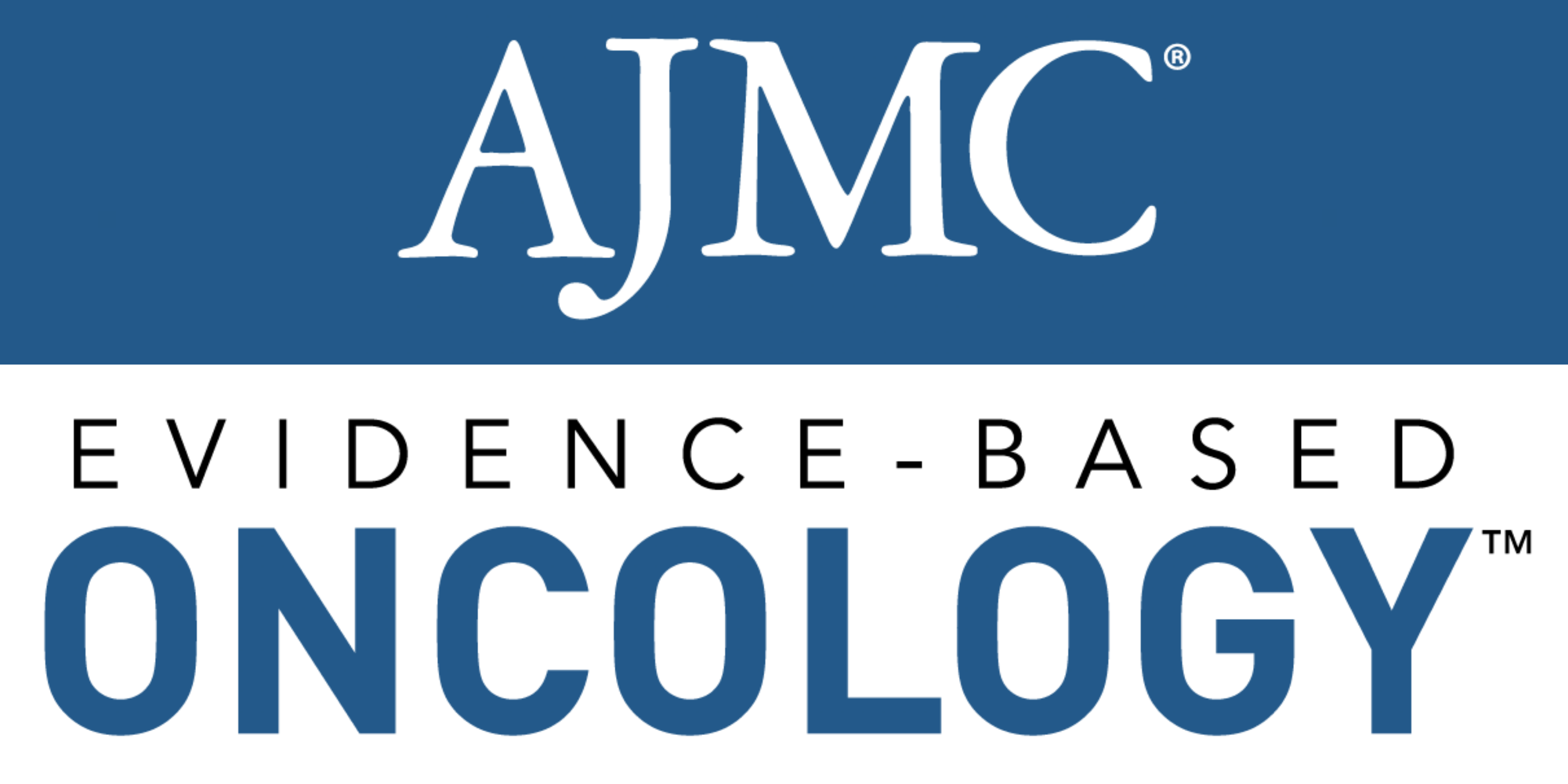
- August 2021
- Volume 27
- Issue 6
ASCO, COA Release Updated Standards for Oncology Medical Home

The new standards come as community oncology practices await word on the future of the oncology care model, which will expire in 2022.
On July 13, the American Society of Clinical Oncology (ASCO) and the Community Oncology
Alliance (COA) released updated standards for the Oncology Medical Home (OMH), putting renewed emphasis on the importance of palliative care and ASCO’s Quality Oncology Practice Initiative (QOPI), which seeks to promote safety and best practices in the administration of chemotherapy.1 Details on the new standards were published in JCO Oncology Practice.2
A joint statement from the 2 groups stated that the new standards offers a roadmap for delivering
“equitable, high-quality cancer care.”3
“In releasing the new standards, ASCO and COA seek to achieve a broad consensus among all
stakeholders—including patients, clinicians, payers, purchasers, and employers—on what patients with cancer should expect and receive from their cancer care teams,” the groups said.
Also in their statement, ASCO and COA stated that the standards “provide an opportunity for the entire oncology community to work toward a value-based model of care that will benefit all
patients with cancer.”
“Every single patient has the right to high-quality, evidence-based, and cost-effective cancer care. However, our challenge as clinicians and as a broader oncology community has been to define what that high-quality cancer care looks like,” ASCO President Everett E. Vokes, MD, emphasized in the joint statement. “These new, comprehensive standards will remove ambiguity and serve as a strong foundation for all stakeholders to work together to ensure that every single person receives the care they deserve, throughout the entire patient journey.”
COA members have been working with OMH standards since 2012; the effort grew out of an earlier initiative on the patient-centered medical home. The idea of creating standards for care coordination, informed decision-making that involves both doctor and patient, and communication standards to ensure that patients and families are active participants in cancer care—that care is something done with them, not to them—guided the development of CMS’ Oncology Care Model (OCM), which is set to expire next year.4
“These new OMH standards provide oncology practices with a single set of cancer care delivery expectations that benefit patients, payers, employers, and other stakeholders,” said COA
President Kashyap Patel, MD. “As practices transition into value-based care delivery, those that adopt this framework will be able to focus on a standardized process that measurably demonstrates
high-quality, patient-centered, and efficient care.”
In the article in JCO Oncology Practice, the authors said the new standards were based on a set of core principles, which include the idea that each patient should have a personal relationship
with a physician responsible for meeting needs “across all stages of care” and the oncology practice should be physician-led. The standards also include that care is coordinated and integrated,
that access to care is enhanced, that quality is measured and continually improved, and that pay structures recognize the added value of the Patient-Centered Medical Home.2
The new joint standards are the basis of an upcoming 2-year, ASCO-led OMH certification pilot, details of which will be released over the next few months. The standards will cover 7 areas of
cancer care, including 2 new areas, or domains, that have been designed since the original set. They are:
(1) patient engagement, which includes shared decision-making;
(2) access to care in the right place at the right time;
(3) value-based treatment, including documentation of the use of evidence and clinical pathways, and referral to clinical trials;
(4) access to equitable, comprehensive, and coordinated team-based care;
(5) continuous practice quality improvement, including the use of data and patient-reported outcomes;
(6) advance care planning and palliative and end-of-life care, including discussions of goals; and
(7) adherence to chemotherapy standards based on QOPI certification program standards.
Bo Gamble, COA’s director of strategic practice initiatives, told The American Journal of Managed Care® that the new standards were developed with a multistakeholder team of physicians, a nurse, patient advocates, and leaders from employer coalitions who fund health care. The updated standards reflect the addition of the domains to elevate the importance of end-of-life care and
adherence to QOPI certification, he said.
The hope is that payers can coalesce around a common set of pay-for-performance standards, as least with regard to care delivery. All oncology payment models have 3 basic elements, Gamble said: care delivery, payment methodology, and performance measures. He pointed to research that was presented by COA indicating that its members deal with up to 35 different oncology payment models across public and commercial plans.5
“It’s gotten crazy,” Gamble said. Such diversity becomes impossible for practices to manage. It would be preferable, he said, to reach agreement with payers to at least standardize the platform for care delivery, with payers differing on the payment methodology.
Some experts have said that a multimodel system can be unethical, if physicians feel the evidence points to one method being superior.
Will payers buy in? Gamble is encouraged by early discussions as COA works with ASCO on the upcoming OMH certification pilot. “So far, so good,” he said. Compared with the last iteration of the
OMH, “this program is much more structured and goal-oriented.”
This pilot, he said, will address a major weakness of the current OCM: A dashboard will gather clinical data to offer real-time information that includes comparisons with peers. The information delay in the current Center for Medicare and Medicaid Innovation (CMMI) program means providers find out about weaknesses well after the fact. With oncology practices still waiting to hear what will come after the OCM ends in 2022,6 “We hope that CMMI will take notice,” he said.
References
1. American Society of Clinical Oncology. About QOPI certification. Accessed July 20, 2021.
https://practice.asco.org/quality-improvement/quality-programs/qopi-certification-program/
about-qopi-certification
2. Woofter K, Kennedy EB, Adelson K, et al. Oncology Medical Home: ASCO and COA standards.
JCO Oncol Pract. Published online July 13, 2021. doi:10.1200/OP.21.00167
3. New ASCO-COA Oncology Medical Home standards set high bar, offer roadmap for
comprehensive high-quality, patient-centered cancer care delivery. News release. American
Society for Clinical Oncology and Community Oncology Alliance; July 13, 2021. Accessed
July 20, 2021. https://communityoncology.org/new-asco-coa-oncology-medical-homestandards-
set-high-bar-offers-roadmap-for-comprehensive-high-quality-patient-centeredcancer-
care-delivery/
4. Oncology Care Model. CMS. Updated July 13, 2021. Accessed July 20, 2021. https://innovation.
cms.gov/innovation-models/oncology-care
5. Community Oncology Alliance (COA) payment reform brief details 35 oncology payment
models underway or planned across the country. News release. COA; October 15, 2020.
Accessed July 20, 2021. https://communityoncology.org/community-oncology-alliancecoa-
payment-reform-brief-details-35-oncology-payment-models-underway-or-plannedacross-
country/
6. Getachew B, Davidson M, Burnett B, Bekele B, Sullivan M, Grady L. OCM, OCF, and the future
of cancer care: 5 things to look out for. Avalere Health. March 30, 2021. Accessed July 20, 2021.
https://avalere.com/insights/ocm-ocf-and-the-future-of-cancer-care-5-things-to-look-out-for
Articles in this issue
Newsletter
Stay ahead of policy, cost, and value—subscribe to AJMC for expert insights at the intersection of clinical care and health economics.










